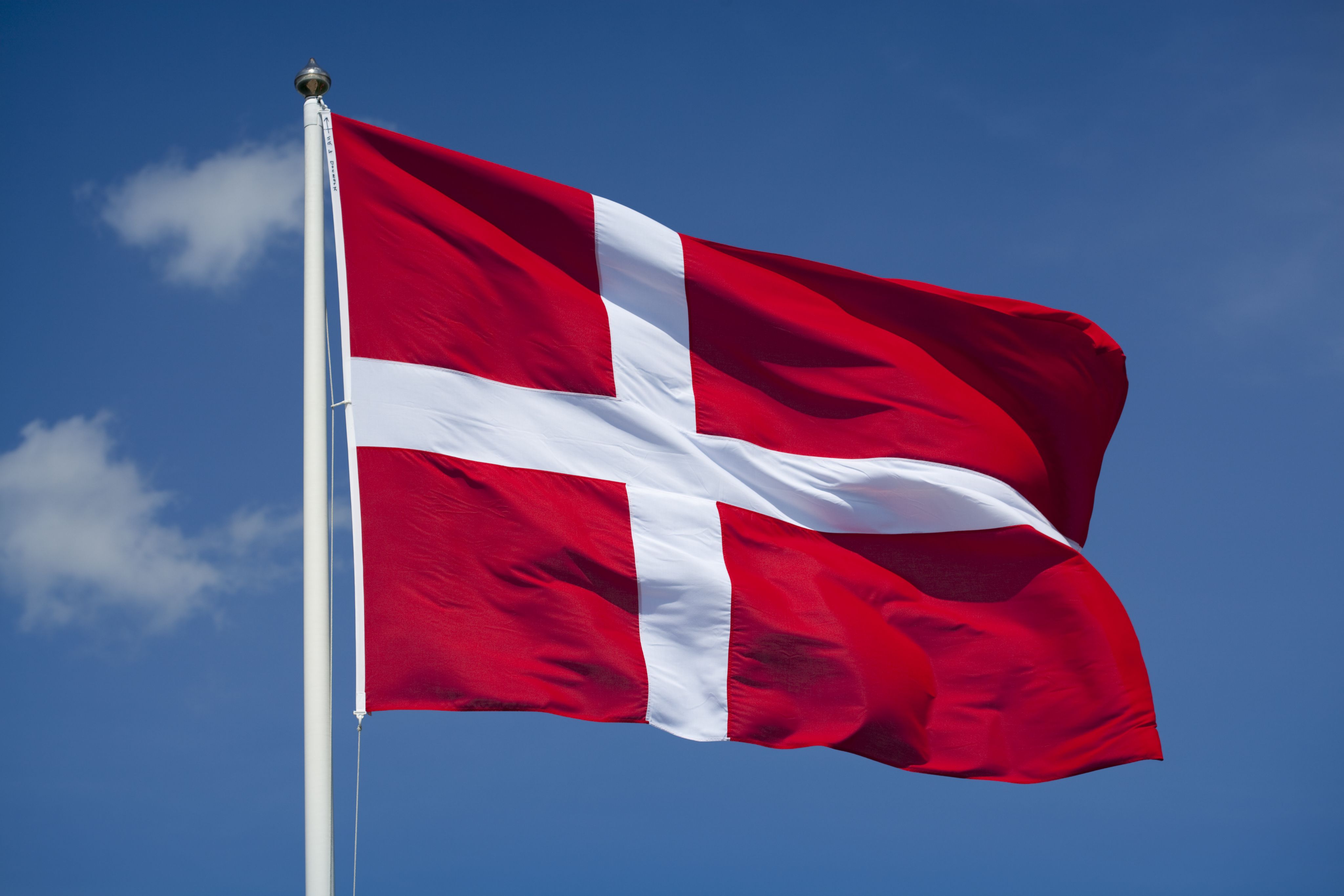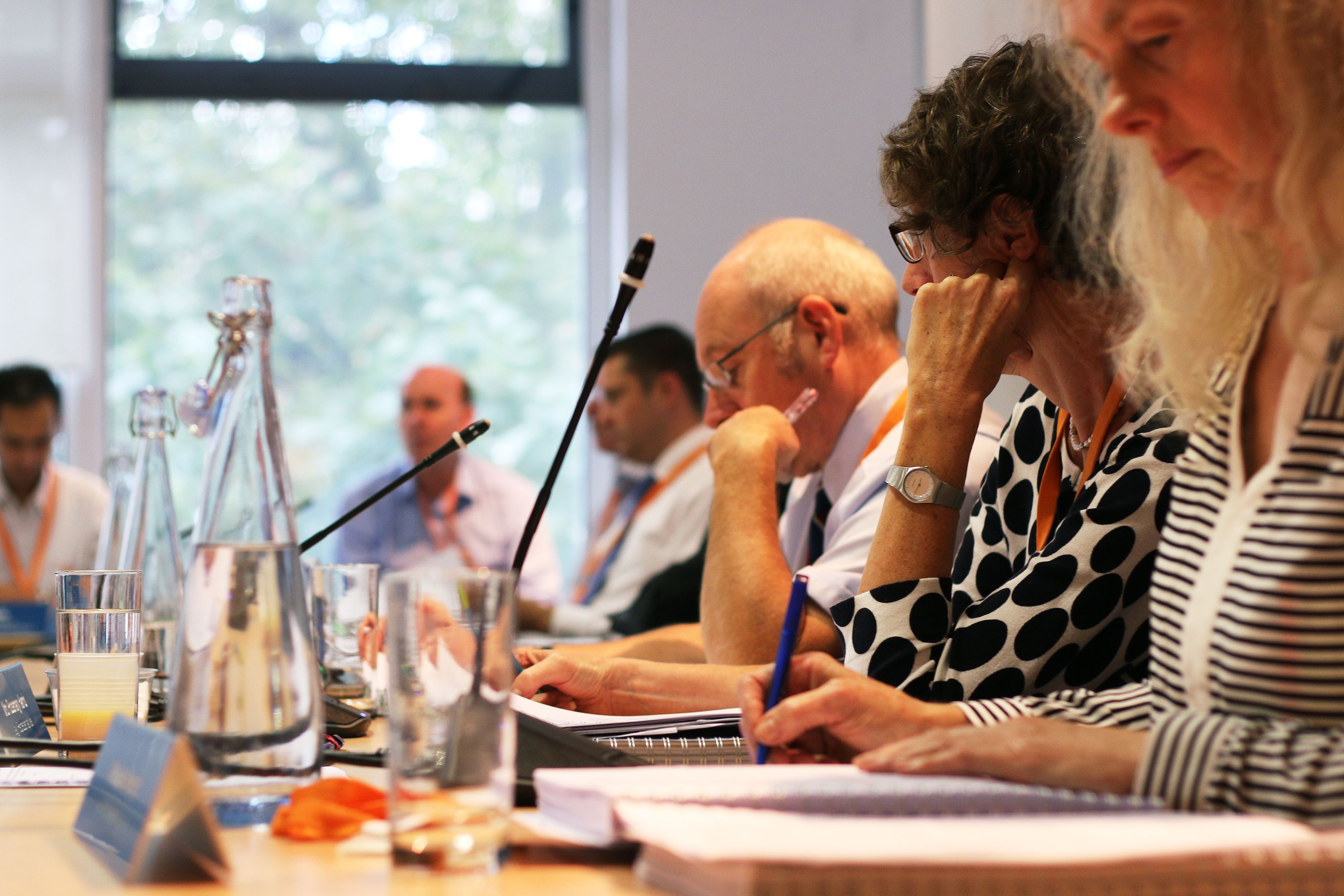Case study:
Developing health technology assessment in Denmark

NICE International supports countries to improve their nation’s health and wellbeing. We do this by offering services that share best practice and expertise from NICE to help drive improvements in health and care decision-making. In this case study, we explore our collaboration with Denmark to develop health technology assessment in the country.
"We have identified several changes we need to implement as a result of the NICE visit and programme. We now have evidence to support the rationale for making these changes and have a clearer understanding of how to implement them."
Amgros, the Danish medicines procurement agency
Who was involved?
From autumn 2019, NICE International worked with:
- Amgros - the Danish medicines procurement agency. Amgros was seeking to overcome challenges in relation to the procurement and reimbursement of high-cost medicines.
- the Danish Medicines Council. The council wished to incorporate quality of life years gained into their drug evaluations.

Working with Amgros

In September 2019, we delivered a workshop to Amgros on challenges in the evaluation and reimbursement of high-cost medicines.
Amgros was keen to understand England’s approach to funding high-cost drugs. They were particularly interested in the Cancer Drugs Fund. As a result, NICE International collaborated on this project with NHS England, who oversee the fund.
Together, we outlined how the fund works and how NICE and NHS England work in partnership with pharmaceutical companies to address uncertainty about the effectiveness of new cancer treatments. This allows the gathering of more robust evidence without delaying market access (conditional reimbursement).
Working with the Danish Medicines Council
In January 2020, NICE International ran a knowledge transfer seminar on health technology evaluation with the Danish Medicines Council. The session explored how NICE embeds quality adjusted life years (QALYs) into our decision-making process. It also focused on how the Danish Medicines Council could incorporate the QALY approach into their own evaluations.
A QALY is a unit of measurement that health economists use to help quantify how much benefit a treatment can give to patients. The QALY measurement is useful because it enables:
- A broad range of treatments to be considered on an equal basis.
- Consistency in decision-making.
- Assessment bodies to make clear recommendations on what treatments are proven to be good value.
To understand how we use the QALY in practice, the Danish Medicines Council also observed one of our committees at work. This valuable exercise allowed them to see first-hand how our committees operate and how they work through difficult decisions.

In March 2021, we held another knowledge transfer seminar with members of the Danish Medicines Council’s evaluation committee. NICE International delivered the session in collaboration with Dr Amanda Adler. Dr Adler is consultant physician at Addenbrooke’s Hospital, Cambridge and former chair of one of our technology appraisal committees. Attendees benefitted from peer-to-peer discussions with the experts from NICE on a broad range of topics including:
- Common issues that arise when considering cost-effectiveness and QALYs.
- Visualisation techniques to help committee members better understand cost‐effectiveness models and the assumptions within them.
Benefits and next steps
- In November 2020, The Danish Medicines Council published its new process and methods guides for assessing new pharmaceuticals. The move to a QALY based evaluation system better enables the council to compare the effect of new medicines across different diseases. It also creates greater transparency in the council’s decisions.
- In January 2022, Denmark launched a conditional approval pathway for new health technologies. Eligibility criteria for the scheme largely mirrors the entry criteria for England’s Cancer Drugs Fund.
- NICE has learned from the Danish approach to specific methodological challenges. Denmark’s position on using specific tools to grade the evidence for health technology evaluations was of particular interest to the NICE staff working on our recently updated health technology evaluations manual.
- Denmark is interested in exploring approaches to environmental sustainability within technology assessment. This is a priority area for NICE and may present opportunities for shared learning.
Our partnership with Denmark is continuing. We plan to hold a future knowledge transfer seminar on the latest issues in the evaluation of high-cost drugs. Our focus will be on NHS England’s recently announced Innovative Medicines Fund to fast-track promising new drugs.